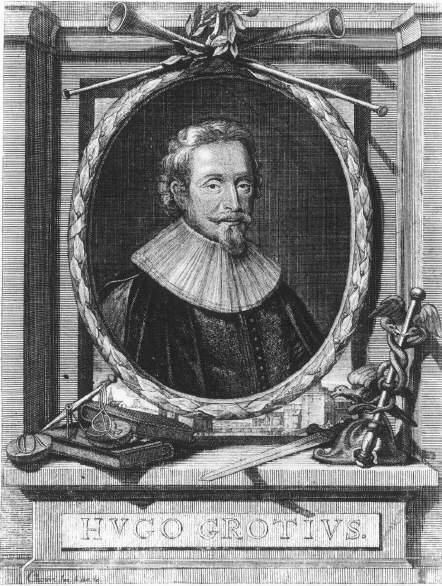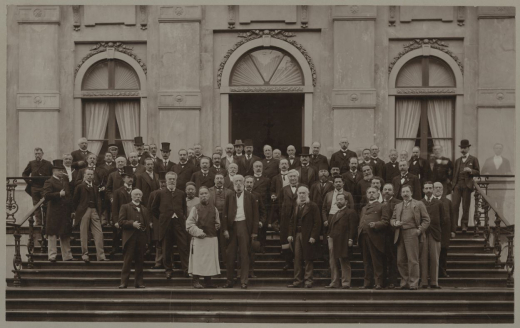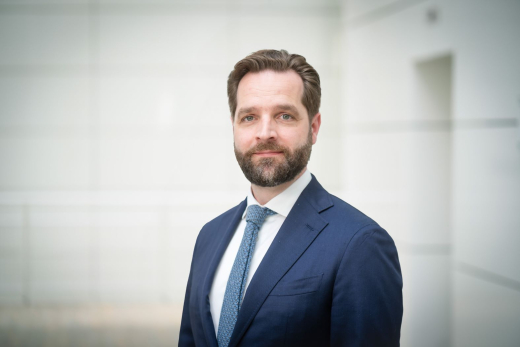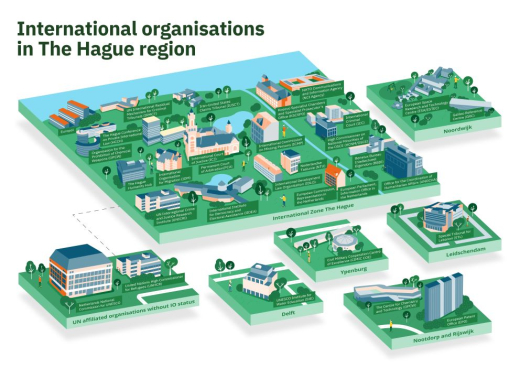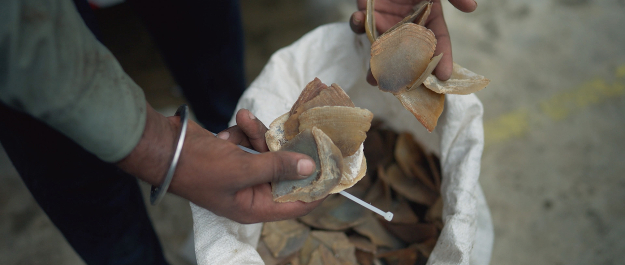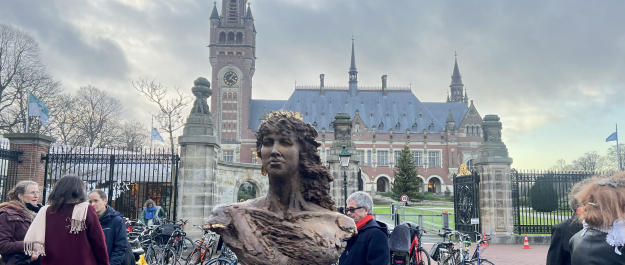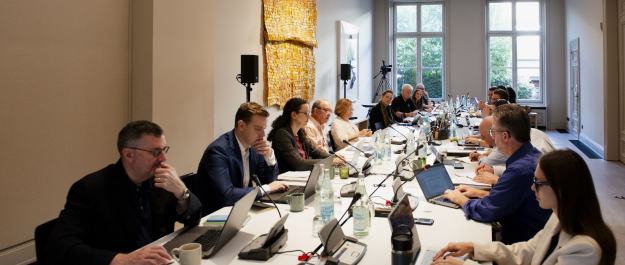How The Hague became synonymous with global humanitarian collaboration as well as the rule of law
This year, The Hague celebrates the 125th anniversary of its famous Peace Conference - which was hosted in the city by Queen Wilhemina of the Netherlands and Russia’s Tsar Nicholas II in 1899.
That gathering of world leaders is significant in The Hague’s history, as it marks the moment the international community began to really sit up and take notice of this humble Dutch city by the sea. But what many people don’t know is that The Hague’s credentials as the International City of Peace and Justice stretch back well beyond those famous days at the turn of the 20th century.
De Jure Belli ac Pacis
Partly, this is to do with the fact that the Netherlands is a country that prides itself in looking outwards rather than inwards. In the 17th century, the polymath Hugo Grotius wrote his seminal works De Jure Belli ac Pacis (On the Law of War and Peace) and Mare Liberum (The Free Seas) while living and working in The Hague. Grotius became renowned as the ‘father of international law’, and his country’s reputation developed alongside his own, with principles of neutrality and fairness at its core.
1899 Peace Conference
Meanwhile, The Hague’s location made it easily accessible by train and boat, making it a logical destination for that 1899 Peace Conference - and the one that followed in 1907. It was seen as a gateway, both literally and symbolically. A place where different states could gather in times of war and peace, and discuss their issues calmly without fear or favour.
“This idea of The Hague as a beacon for the international legal community has definitely grown stronger over the years. As the home of the International Court of Justice (ICJ) and the Permanent Court of Arbitration (PCA), we provide an objective setting for the settling of disputes between nations, while the judgements that are made here have ramifications all over the world. It is not an exaggeration to say that The Hague is at the very heart of global justice.”
Peace and Justice
This feeling is amplified still further during times of conflict. The name ‘The Hague’ resounds around the world as a place where wrongdoers must face the consequences of their actions. It began in earnest with the international tribunals for perpetrators of war crimes in Rwanda and the Former Yugoslavia in the 1990s. Soon after, in 2002, the International Criminal Court (ICC) was created - an institution which gives hope to the victims of war. Now, when leaders such as Vladimir Putin are alleged to have contravened international law, the riposte: ‘Get him to The Hague!’ can be seen plastered across newspaper headlines, social media posts, and protestors’ placards all over the world.
But, today, the city is as much about collaboration as conflict, and there has been a concerted effort within The Hague to focus on the Peace as well as the Justice.
* Picture: Rob Schuurmans at the Asser Institute
The last twenty years has seen a steady influx of international charities and aid organizations setting up their operations in the city. From the great pillars of international law such as the UN’s International Court of Justice (ICJ), to small NGOs working on innovative humanitarian projects, it has become a melting pot with more than 500 organizations and people from 175 nationalities calling The Hague ‘home’.
- 500+ international organizations
- €5.6 bn economic wealth
- 20.000 direct jobs
- 18.000 indirect jobs
While the city might be famous for its stunning Peace Palace, it is the more understated and thoroughly modern Humanity Hub which truly demonstrates this new ecosystem of international collaboration. Here, a new community has flourished, of people from all around the globe working together for a more peaceful and just world. The Hub is a focal point for organizations looking to build inspirational connections, exchange knowledge, and share technologies.
As such, The Hague has developed a culture that is completely unique. It might have been built on a bedrock of peace and justice, but its future is set to incorporate a wider commitment to solving new challenges surrounding climate change, migration, and natural disasters.
“In a world that is becoming increasingly polarized, The Hague represents impartiality and humanitarianism. It is no surprise that the organizations that are trying to do good in the world are coming here to collaborate and share ideas. We might be known as the ‘International City of Peace and Justice’, but the ecosystem that has developed in The Hague has transcended the city itself, and stands as a symbol of hope for the entire planet.”
The Hague
The Hague has long been the backdrop for those passionate about international peace and justice. Central to this history is The Hague’s Peace Palace, home to the world’s oldest institution for settling international disputes, the Permanent Court of Arbitration, and the United Nations’ highest judicial body, the International Court of Justice. Ever since, the city has hosted numerous international courts, conferences and organisations promoting peace and fostering the international rule of law. Today, The Hague is a beacon of international law and diplomacy, with a vivid ecosystem of 20,000 professionals working on issues of peace and justice at some 500 international organisations, NGOs, knowledge institutes, and diplomatic missions.
Just Peace The Hague
For more information about the activities taking place in and around the Internationanal City of Peace and Justice please follow Just Peace The Hague
Cybersecurity cluster in The Hague
Learn more about the cybersecurity cluster in The Hague
Impact cluster in The Hague
learn more about ImpactCity The Hague
Humanity cluster in The Hague
Learn more about the Humanity cluster in The Hague
Legal & Policy cluster in The Hague
learn more about the Legal & Policy cluster in The Hague
Rule of Law cluster in The Hague
Learn more about the Rule of Law cluster in The Hague
